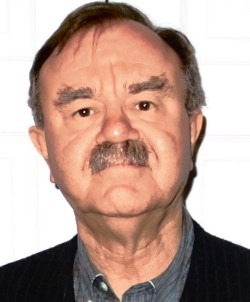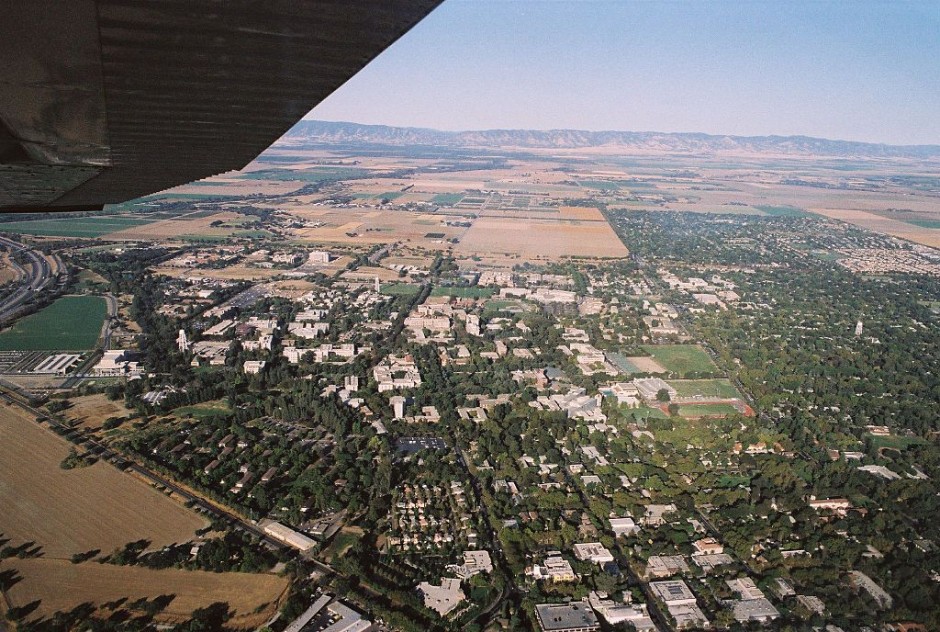As pro-Palestinian groups proliferate at American colleges, student protesters have taken to shouting down invited Israeli guest lecturers at various campuses and disrupting other events organized by Jewish students.
Late last year, Assi Azar, an Israeli television personality and LGBT rights advocate, was interrupted during a discussion of his film, Mom, Dad, I have Something to Tell You, at Goucher College in Baltimore.
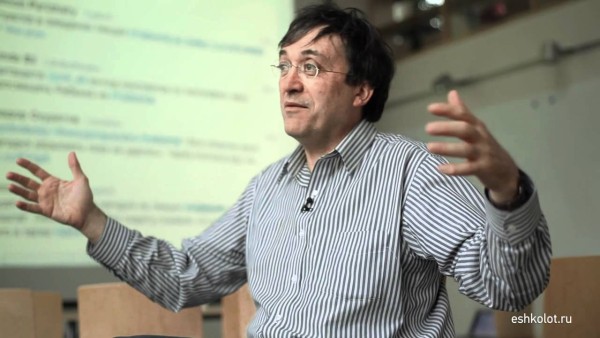
Also in November, noted Israeli philosopher and professor Moshe Halbertal’s lecture at the University of Minnesota Law School was delayed 40 minutes by shouts and chants until protesters were escorted out of the lecture hall; eventually, three were arrested.
“This was not a West Bank settler, an Israeli soldier or a politician; this was a scholar, an ethicist, a writer. That is what’s distressing,” remarked Rabbi Alexander Davis of Beth El Synagogue in St. Louis Park, Minnesota. “This was not a demonstration or a rally. It was an academic lecture in a distinguished law school. That is what’s so troubling.”
Later that month, a confrontation occurred between members of the Palestine Solidarity Committee and Israel Studies professor Ami Pedahzur at an Institute for Israel Studies event at the University of Texas in Austin. The students broke up the gathering with shouts of “Free, Free Palestine” and “Long Live the Intifada,” and later accused Pedahzur of Islamophobia.
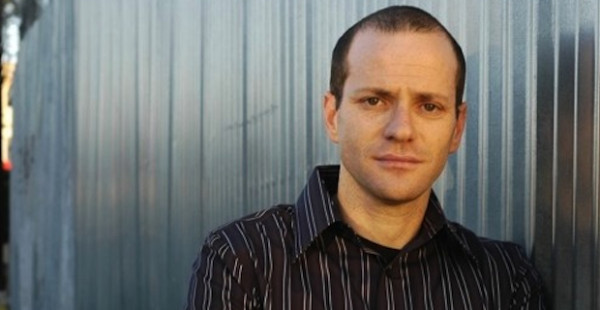
Pro-Palestinian groups participating in a student protest against tuition increases at the City University of New York in November blamed the high cost of education on “Zionists.”
“The Zionist administration invests in Israeli companies, companies that support the Israeli occupation, hosts Birthright programs and study abroad programs in occupied Palestine, and reproduces settler-colonial ideology throughout CUNY through Zionist content of education,” asserted Students for Justice in Palestine.
Pro-Israel advocates have been pointing for years to a decline of discourse on campus. A list recently compiled by the AMCHA Initiative, an organization which seeks to investigate, document, and combat antisemitism at institutions of higher education in the United States, contains more than 100 public statements of students from colleges across the country describing a sense of insecurity, lack of safety on campus, encounters with antisemitism and use of abusive words.
Kenneth Marcus, former Staff Director of the United States Commission on Civil Rights and now president of the Louis D. Brandeis Center for Human Rights Under Law, which works to protect the speech of pro-Israel students on college campuses, has spoken of the deteriorating environment Jewish students now face.
Earlier this year, Oxford University Press published his book, The Definition of Antisemitism, in which he elaborates on the connection between anti-Zionism and anti-Semitism, and how antisemitism is sparking critiques of Israel across North American college campuses.
“Universities should be oases of reason and tolerance, but they are not,” he has noted. “North American campuses often harbour radical left-wing movements that are hostile to Israel, Zionism, and the Jewish people.”
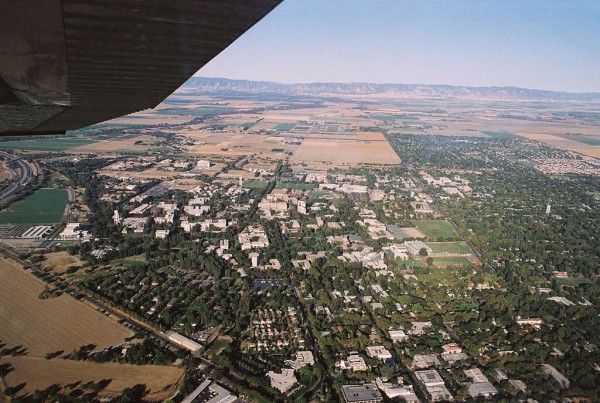
There have been several troubling incidents this year at University of California (UC) schools. The defacing of a Jewish fraternity house at UC Davis with Nazi swastikas took place last January. A month later, several student government leaders at UCLA questioned a student’s eligibility for a campus judicial panel because she is Jewish.
In April, even a non-political exhibit offering information about Israel was too much for pro-Palestinian demonstrators at UC Irvine. Marching out of the Cross-Cultural Centre, they chanted slogans, drowning out the music and distracting attention away from the Jewish event.
Responding to Jewish students who contend that some UC campuses have become a hostile environment for them, with an increasing number of antisemitic incidents, in September the university regents debated the vexing issue of how to allow for free speech while protecting students against intolerance and prejudice.
Jewish organizations have urged the regents to adopt the U.S. State Department definition of antisemitism that includes demonization of Israel and denial of its right to exist.
Other groups, however, have complained that the regents might go too far, repressing political debate and stifling dissent. The issue remains unresolved and the debate in California, as elsewhere, continues.
And I haven’t even touched on Israeli Apartheid Week, the annual series of university lectures and rallies held since 2005 on dozens of university campuses in February or March, and tied to the BDS (Boycott, Divestment and Sanctions) movement which seeks to delegitimize the Jewish state.
So one thing is certain: It’s going to become increasingly unpleasant for Jewish students at colleges across America in 2016.
Henry Srebrnik is a professor of political science at the University of Prince Edward Island.
